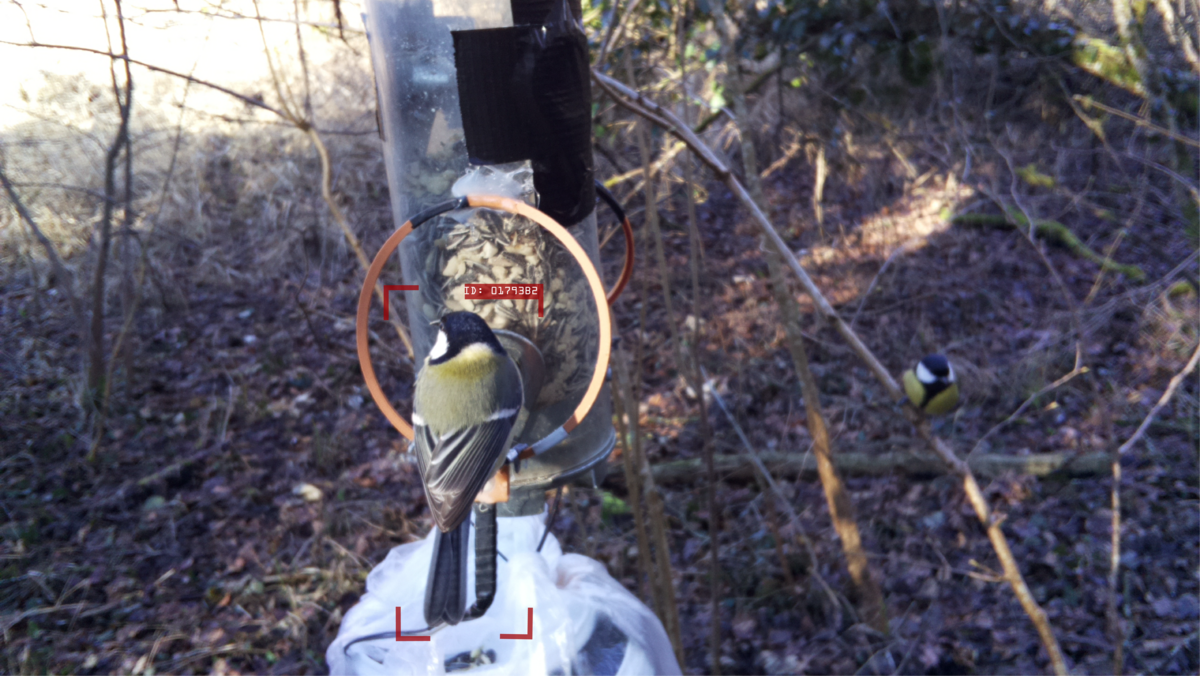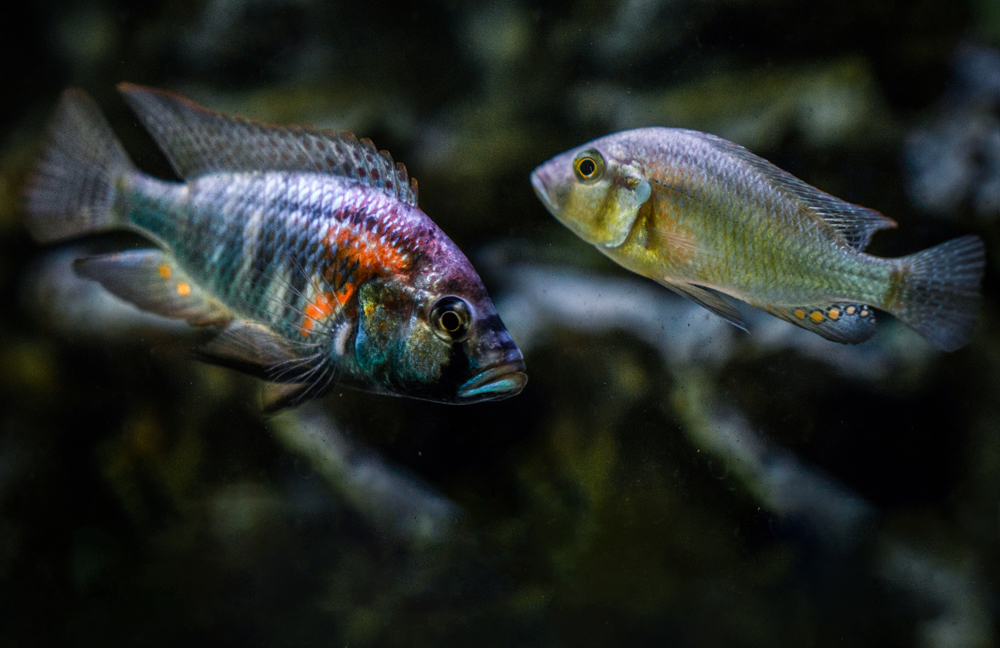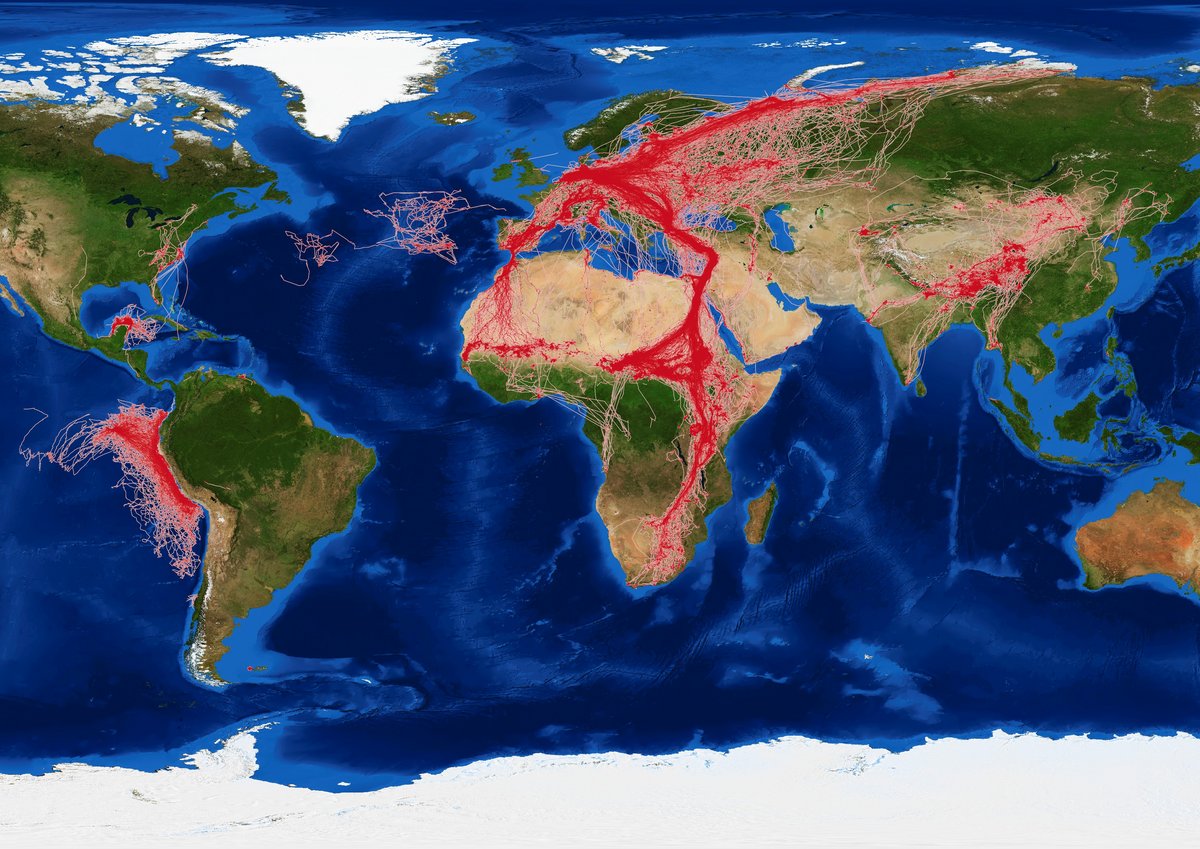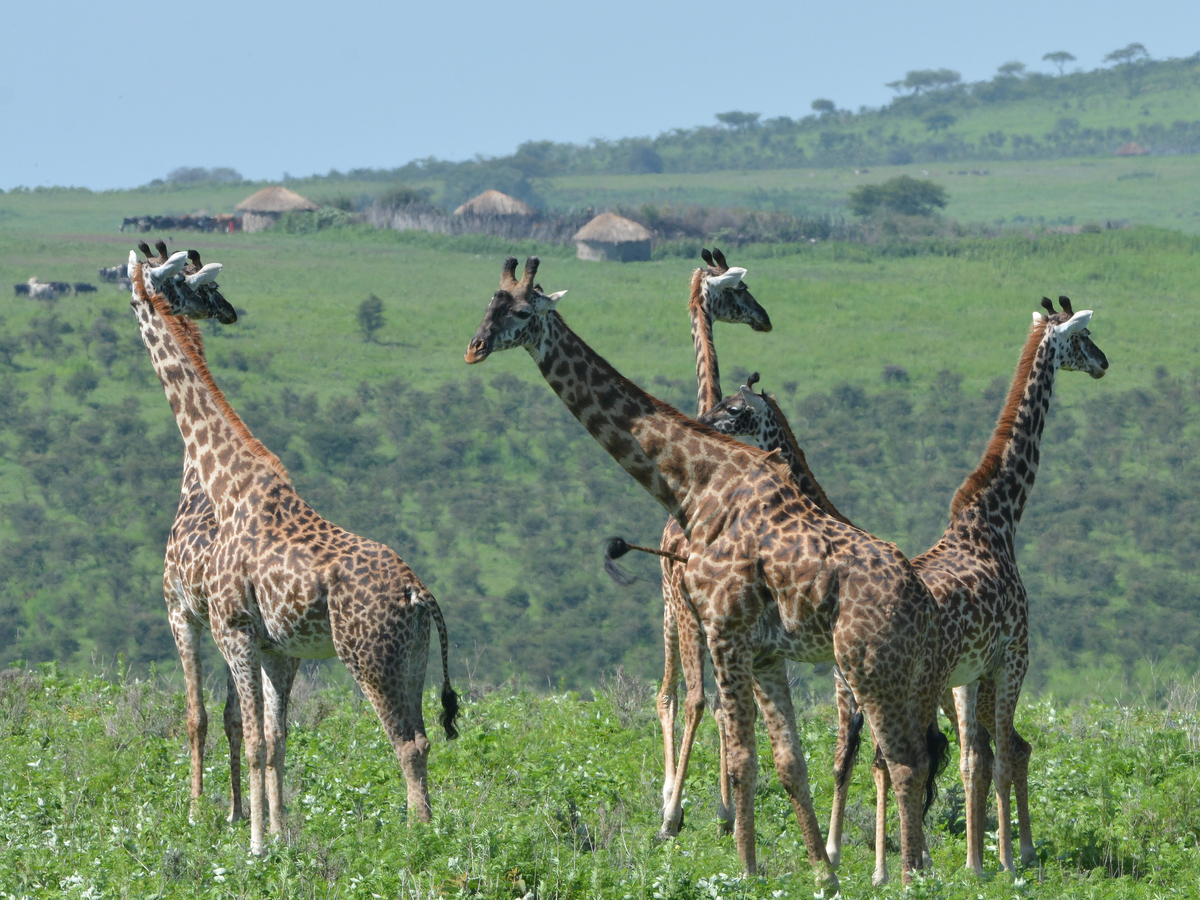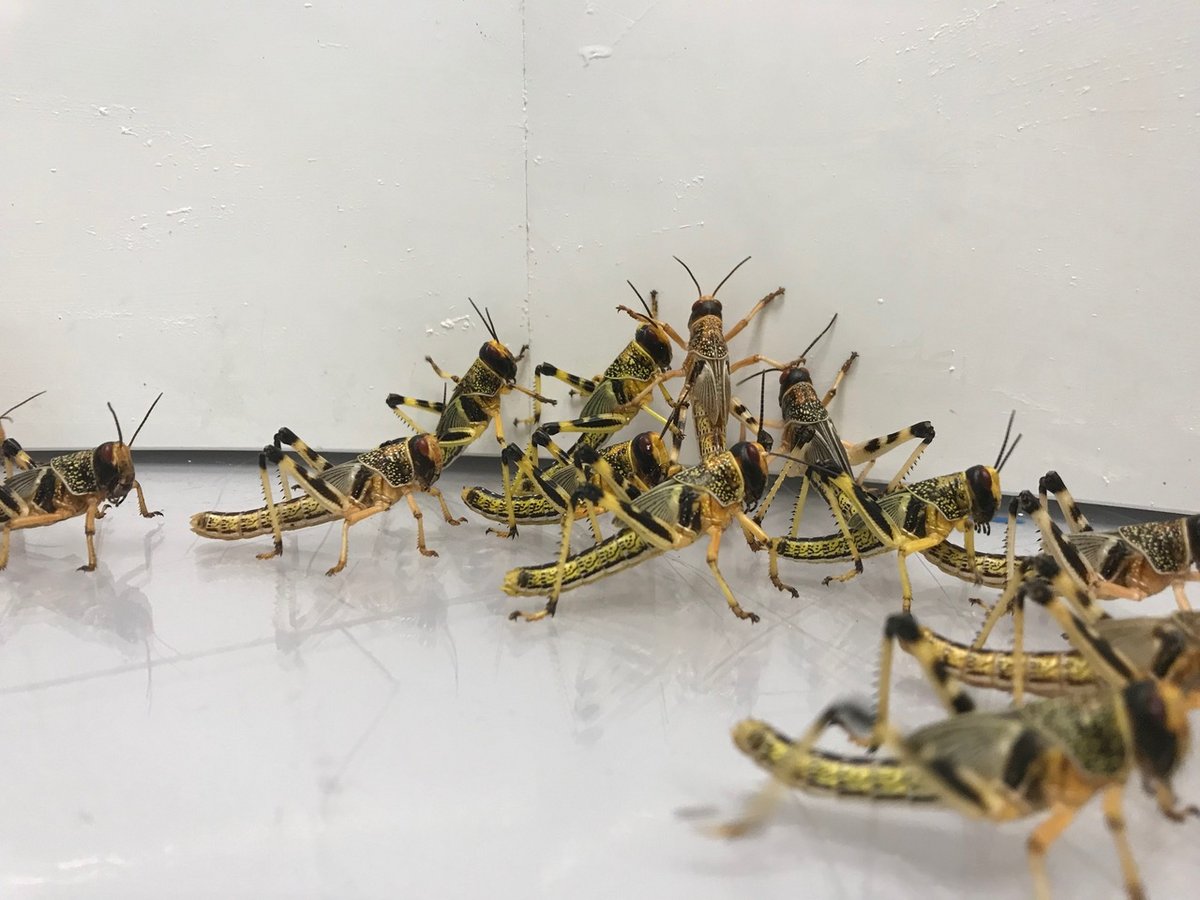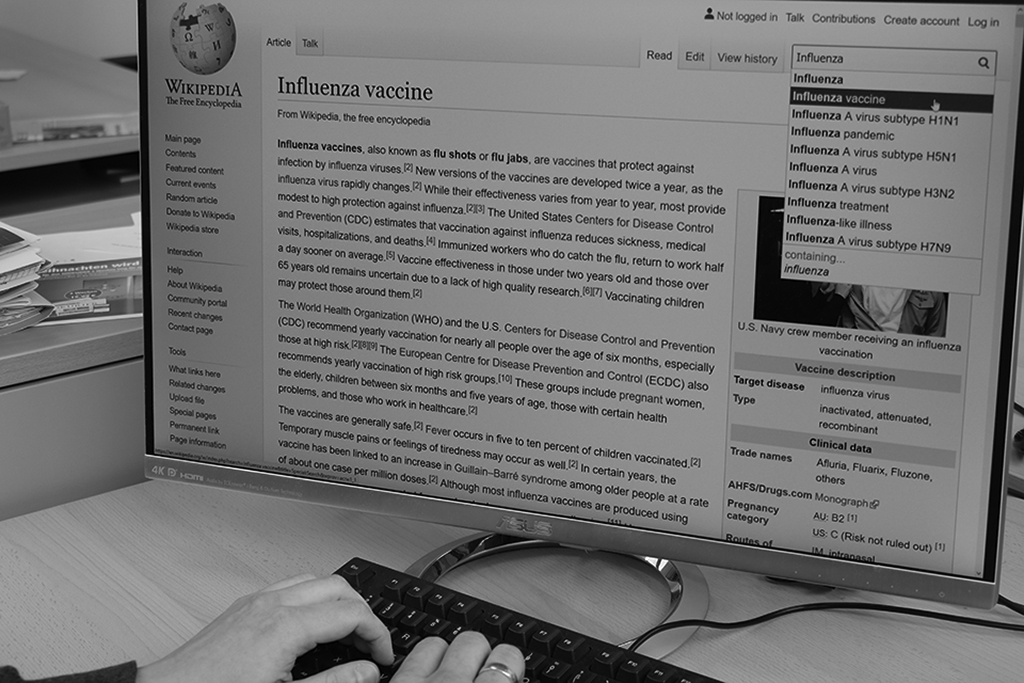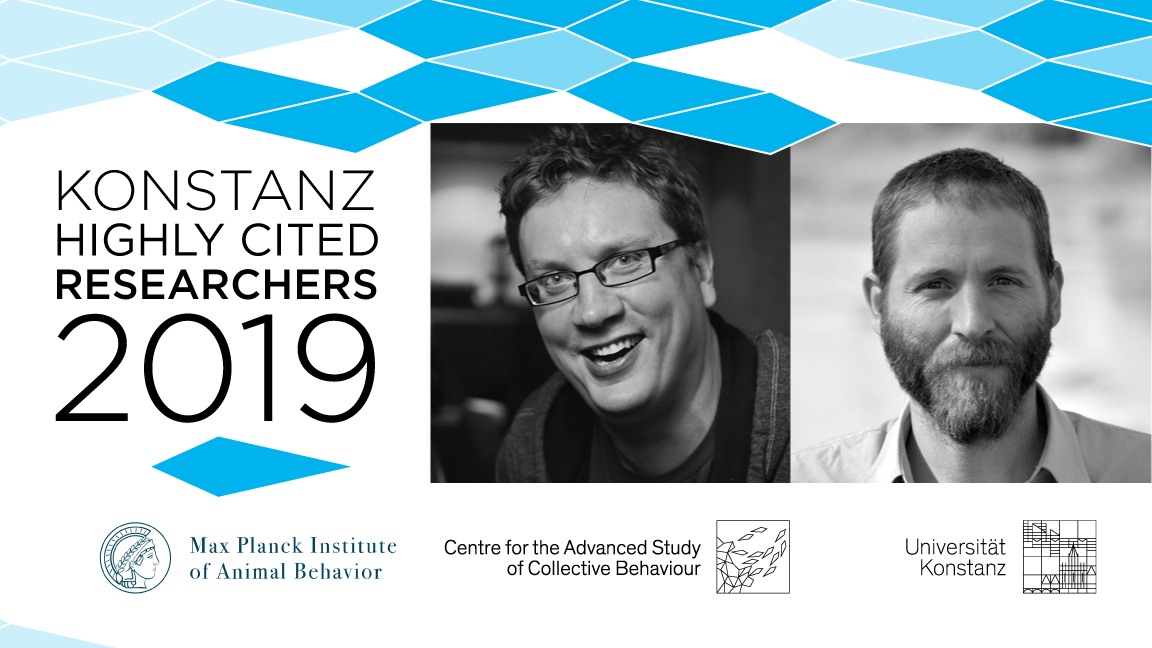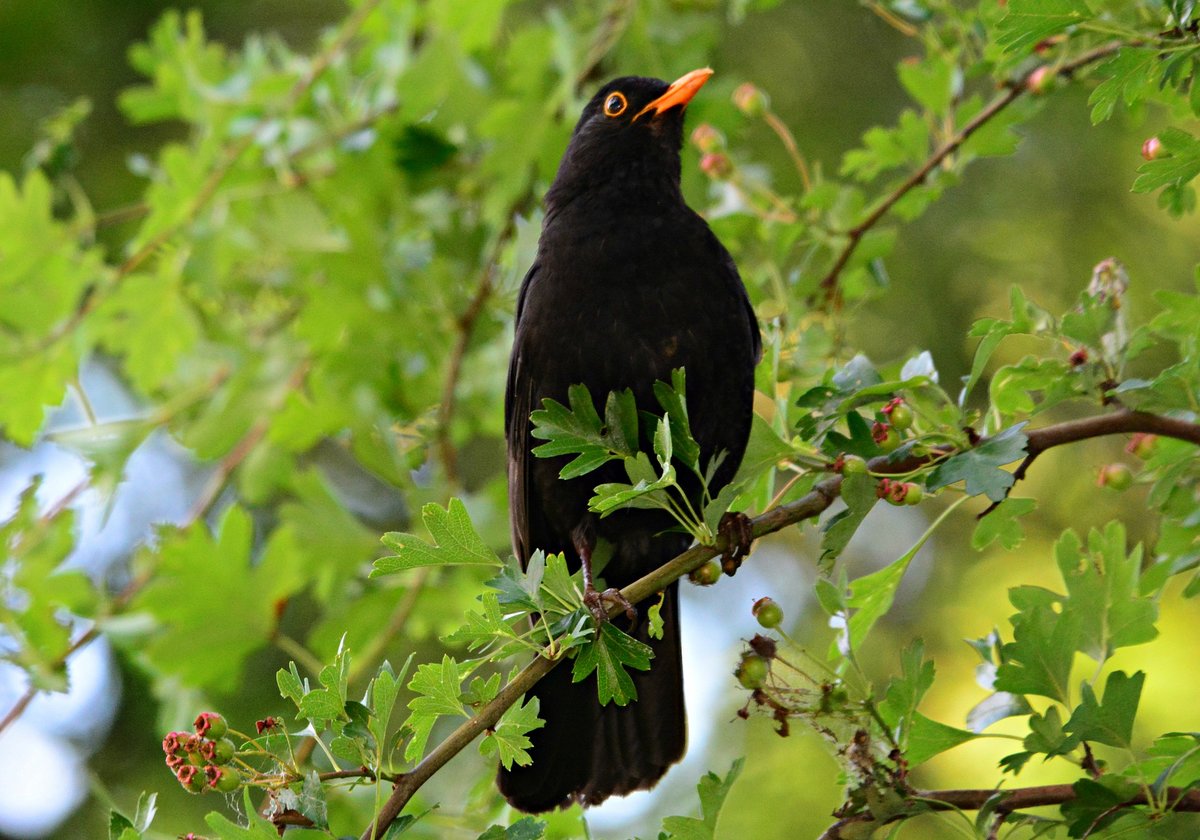
ICARUS: Start of scientific operations
The animal tracking system in space, ICARUS, successfully concluded its test phase and starts scientific operations with a global study on the migration of blackbirds and thrushes – joint project of the Max Planck Institute of Animal Behavior and the University of Konstanz
Read more
